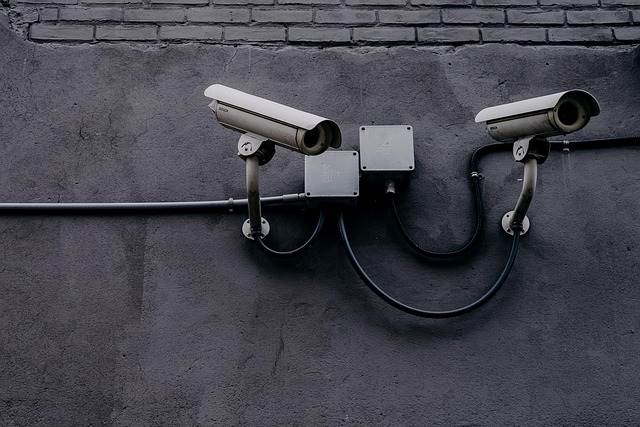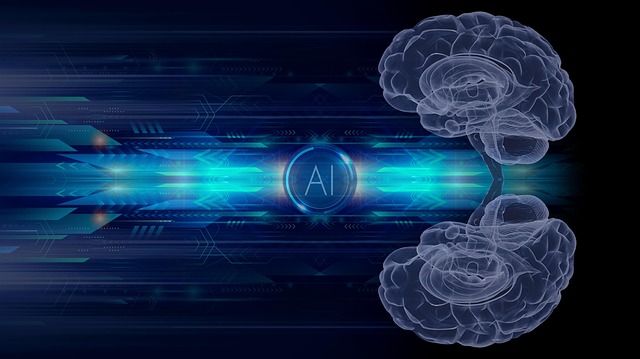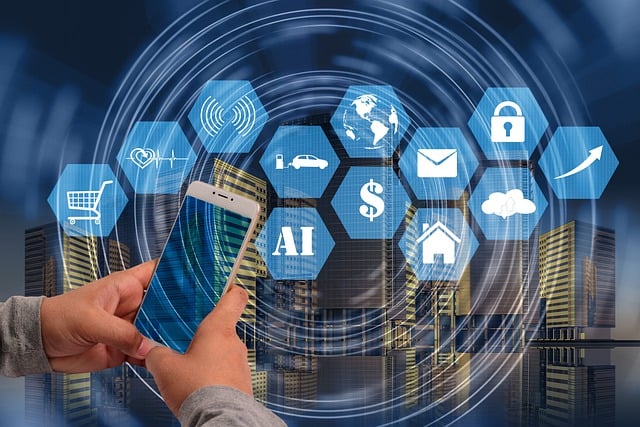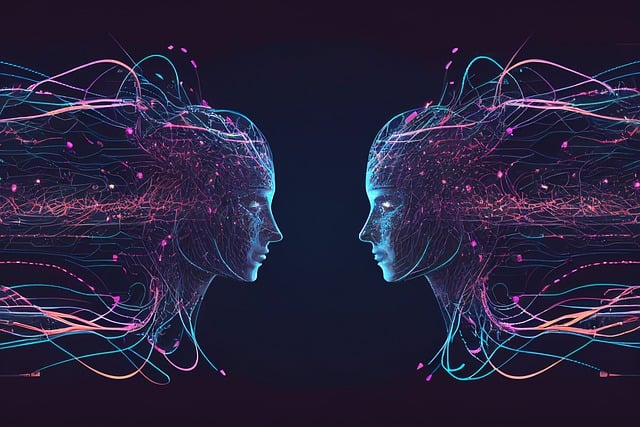AI in home security has revolutionized traditional methods with modern security technology, leveraging machine learning for intelligent pattern analysis and threat response. Features like facial recognition, motion detection, and predictive analytics offer enhanced protection, minimizing false alarms and maximizing efficiency. AI-driven systems learn routines, automatically optimizing settings for both security and energy. Integrating with smart home devices, these systems provide proactive, adaptive AI-driven home protection, ensuring peace of mind in the digital age through continuous advancements in artificial intelligence security.
The evolution of home security has entered a new era with the embrace of Artificial Intelligence (AI) technology. As homes become smarter, so must their security systems. AI in home security is transforming traditional protections into modern, intelligent defenses. This article explores how artificial intelligence is revolutionizing home protection, enhancing safety measures, and driving advancements that future-proof your living space. Discover the role of AI in today’s security landscape and its potential to safeguard your peace of mind.
- The Evolution of Home Security: Embracing AI Technology
- Artificial Intelligence in Action: Smart Home Protection Systems
- Enhancing Safety Measures: AI's Role in Modern Security
- Future-Proofing Your Home: AI-Driven Security Advancements
The Evolution of Home Security: Embracing AI Technology

The evolution of home security has seen a remarkable transformation with the integration of artificial intelligence (AI) technology. In the past, traditional security systems relied heavily on mechanical locks, alarm bells, and human surveillance, which often left room for errors and false alarms. However, modern security technology powered by AI is revolutionizing the way we protect our homes. This advanced technology leverages machine learning algorithms to analyze patterns, detect anomalies, and respond proactively to potential threats.
AI in home security offers unprecedented levels of protection through features like facial recognition, motion detection, and predictive analytics. For instance, smart cameras equipped with artificial intelligence can differentiate between familiar residents and intruders, minimizing false alarms and ensuring more efficient responses. Additionally, AI-driven systems can learn habits and routines, enabling them to automatically adjust settings for optimal security and energy efficiency. As a result, homeowners now have access to intelligent, adaptive, and comprehensive home protection tailored to their specific needs.
Artificial Intelligence in Action: Smart Home Protection Systems

Artificial Intelligence (AI) has revolutionized modern security technology, transforming traditional home protection into a sophisticated and proactive process. These advanced systems leverage machine learning algorithms to analyze vast amounts of data from various sensors and cameras, enabling them to detect anomalies and potential threats in real-time. AI in home security goes beyond simple motion detection; it learns the routines and behaviors of homeowners, differentiating between normal activities and suspicious events. This allows for more accurate alerts and a reduced risk of false positives.
AI-driven home protection systems can adapt and evolve over time, improving their effectiveness as new patterns emerge. They can also integrate with smart home devices to create an interconnected security network. For instance, when AI senses a potential intrusion, it can automatically trigger lights, play pre-recorded distress signals, or notify emergency services, enhancing the overall safety of the residence. With continuous advancements in AI security, homeowners now have more control and peace of mind, ensuring their properties remain secure in today’s digital age.
Enhancing Safety Measures: AI's Role in Modern Security

AI is transforming traditional home security measures into sophisticated, intelligent systems, enhancing safety for homeowners. Artificial intelligence security applications, such as advanced surveillance cameras and motion sensors, can now detect unusual activities with remarkable accuracy using machine learning algorithms. These smart devices not only alert users to potential threats but also enable remote monitoring through real-time video feeds, giving homeowners peace of mind.
The role of AI in modern security technology extends beyond basic detection. It powers predictive analytics, enabling systems to anticipate and prevent potential risks. By analyzing historical data and patterns, AI algorithms can identify common behaviors and anomalies, triggering alerts for specific activities like unauthorized access attempts or suspicious patterns within the home. This proactive approach to AI-driven home protection offers a new level of security, ensuring that homes are not just protected but actively guarded against potential threats.
Future-Proofing Your Home: AI-Driven Security Advancements

As we enter an era where technology is increasingly integrated into our homes, it’s crucial to consider future-proofing your living space. AI-driven security advancements offer a cutting-edge solution for modern security technology. Artificial intelligence in home security systems enables sophisticated protection against potential threats, using machine learning algorithms to adapt and improve over time. These intelligent systems can recognize familiar patterns, detect anomalies, and respond accordingly, ensuring the safety of your property and loved ones.
The role of AI in safety is transformative, providing peace of mind with its ability to analyze vast amounts of data from various sensors and cameras. This enables more effective and efficient home protection, whether it’s through intelligent motion detection, facial recognition, or predictive analytics that anticipate potential risks. With continuous updates and improvements, AI-driven security systems stay ahead of evolving threats, making them an indispensable tool in securing your home in the future.






